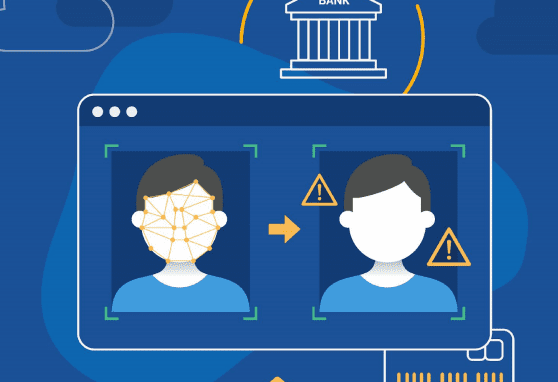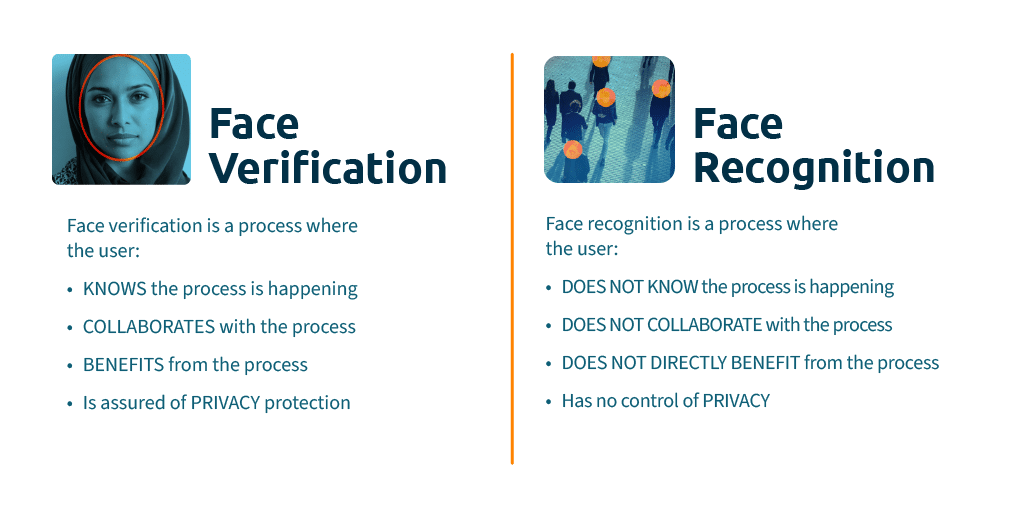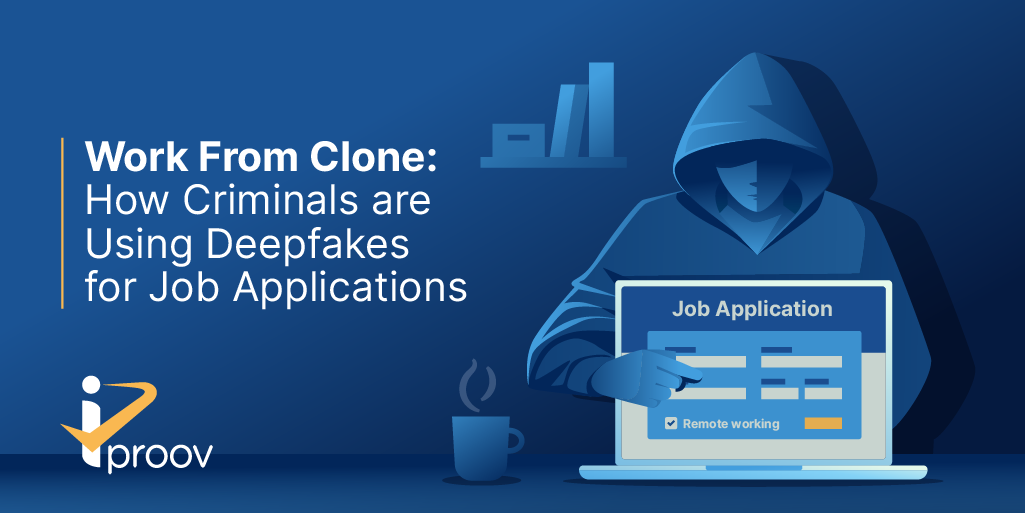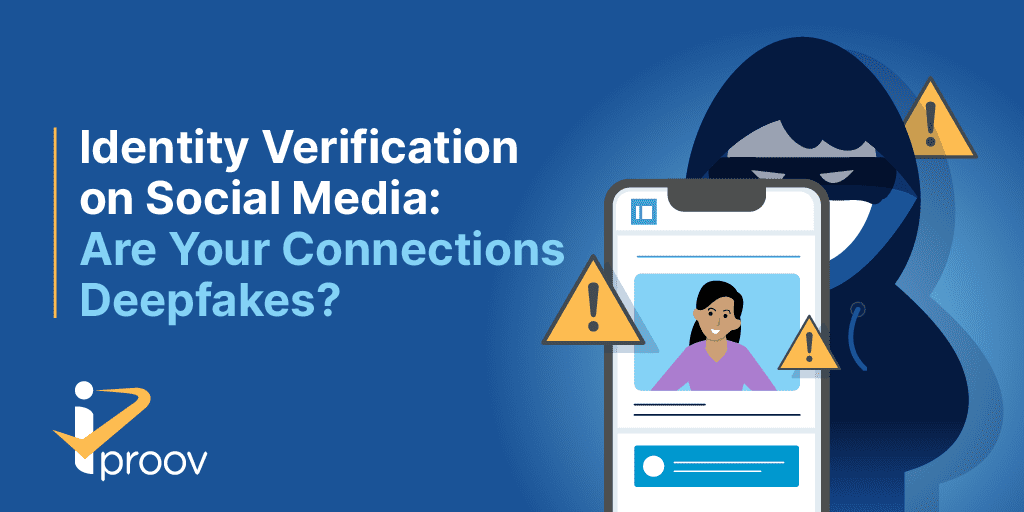January 29, 2020
We’ve just released a new report, Deepfakes: The Threat To Financial Services, which shows that 77% of financial sector CSOs are concerned about the impact of deepfake video, audio, and images.
The use of deepfakes in fake news, pornography, hoaxes and fraud, has created a storm of controversy. Earlier this month, Facebook announced plans to ban deepfakes from its platform, with concerns mounting about their influence on the impending US election.
We surveyed 105 cyber security experts in the financial sector, who told us that:
Andrew Bud, Founder and CEO at iProov, said: “It’s likely that so few organisations have taken action because they’re unaware of how quickly this technology is evolving. The latest deepfakes are so good they will convince most people and systems, and they’re only going to become more realistic.”>br >
“The era in which we can believe the evidence of our own eyes is ending. Without technology to help us identify fakery, every video and image will in future become suspect. That’s hard for all of us as consumers to learn, so we’re going to have to rely on really good technology to protect us.”>br >
Deepfakes are videos, images or audio recordings that have been distorted to present an individual saying or doing something that they didn’t say or do.
If you think of the thing that you are least likely to ever say, and then imagine your friends, family or employer being shown a (convincing) video of you saying it, it is easy to see the potential for malicious misuse.
For banks and other financial services providers, deepfakes could impact:
iProov is working with leading banks, including ING and Rabobank, to protect against deepfakes. Our biometric authentication technology has been built with unique anti-spoofing capabilities that establish the ‘genuine presence’ of a customer. For more information, our The Threat of Deepfakes webpage.
The use of deepfakes in fake news, pornography, hoaxes and fraud, has created a storm of controversy. Earlier this month, Facebook announced plans to ban deepfakes from its platform, with concerns mounting about their influence on the impending US election.
We surveyed 105 cyber security experts in the financial sector, who told us that:
- Personal banking and payment transfers were most at risk of deepfake fraud, above social media, online dating, and online shopping
- Only 28% said that they’ve already put plans in place to protect against deepfakes, with 41% planning to do so in the next two years
- 29% said that deepfakes were a significant or severe threat to their organisation
- 64% said that the deepfake threat is going to get worse
Andrew Bud, Founder and CEO at iProov, said: “It’s likely that so few organisations have taken action because they’re unaware of how quickly this technology is evolving. The latest deepfakes are so good they will convince most people and systems, and they’re only going to become more realistic.”>br >
“The era in which we can believe the evidence of our own eyes is ending. Without technology to help us identify fakery, every video and image will in future become suspect. That’s hard for all of us as consumers to learn, so we’re going to have to rely on really good technology to protect us.”>br >
What are deepfakes?
Deepfakes are videos, images or audio recordings that have been distorted to present an individual saying or doing something that they didn’t say or do.
If you think of the thing that you are least likely to ever say, and then imagine your friends, family or employer being shown a (convincing) video of you saying it, it is easy to see the potential for malicious misuse.
How do deepfakes affect banks and other financial services institutions?
For banks and other financial services providers, deepfakes could impact:
- Onboarding processes could be subverted and fraudulent accounts created to facilitate money-laundering
- Payments or transfers could be authorised fraudulently
- Synthetic identities could be created, whereby criminals take elements of a real or fake identity and attach them to a non-existent individual
iProov is working with leading banks, including ING and Rabobank, to protect against deepfakes. Our biometric authentication technology has been built with unique anti-spoofing capabilities that establish the ‘genuine presence’ of a customer. For more information, our The Threat of Deepfakes webpage.



